In defence of hacks who break the law
The phone-hacking scandal is being used to criminalise investigative journalism.
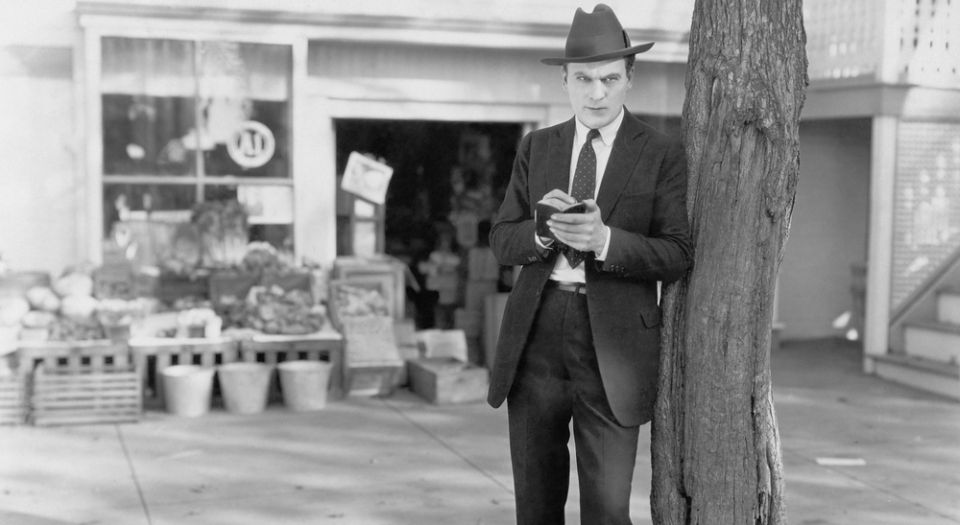
Want unlimited, ad-free access? Become a spiked supporter.
Former News of the World editor Andy Coulson is due to be sentenced on Friday after being found guilty of phone-hacking, along with four others who pleaded guilty before the trial began. The sentencing hearings provided Crown prosecutors and the Hacked Off lobby with a welcome opportunity to stick the boot into journalism once more, after the humiliation of seeing only one defendant – Coulson – convicted at the end of their £100million hacking trial last week.
One prosecution QC told the judge that the former editors awaiting sentencing had turned the News of the World into ‘a thoroughly criminal enterprise’ through phone-hacking, paying public officials for information and other dubious practices. Meanwhile Keir Starmer, the former director of public prosecutions who was behind the hacking case, declared that the trials had been worth it because they had dispelled the ‘feeling that journalists were above the law’.
Never mind the Crown’s failure to prove that former Sun and NotW editor Rebekah Brooks and others were involved in anything illegal. The message is that journalism in general, and tabloid journalism in particular, has now been found guilty of what the prosecution called a ‘criminal conspiracy’, flouting the law of the land, and needs to be punished and restrained.
To which a response might be: yes, journalists have often used underhand methods and sometimes broken the law. And in the long view, we should be pleased and proud that they did. Of course, nobody wants to defend the hacking of crime victims’ phones by the News of the World. But the historical willingness of journalists and editors to break the rules and the law when they believed it necessary has been crucial in winning and defending our liberties.
Here are a few truths that have been buried and forgotten amid the hacking furore.
Without law-breaking journalists, there would be no press freedom in the first place
Soon after the first printing press was introduced to England, press freedom was declared against the law. From 1529 nothing could be published without the approval of King Henry VIII’s Star Chamber, a secret court of privy councillors and judges. State licensing of the press continued through much of the sixteenth and seventeenth centuries. Any criticism of the king or his government was seditious libel. Those who dared to defy the state censors risked imprisonment, mutilation and death. As late as 1663, a printer was hanged, drawn and quartered for publishing the unlicensed suggestion that King Charles II should be accountable to his subjects.
After a long struggle, state licensing of the press finally ended in 1695. The legal censors decided if they could not ban insolent publications they would tax them into oblivion. In 1712, the government imposed a stamp tax on newspapers, to make them too expensive for working-class people to read. A century later, as the mass movement for democracy grew in Britain, the stamp tax was extended to publications carrying opinion – political ideas – as well as news. Those who refused to pay this ‘tax on knowledge’ and printed cheap newspapers for the masses faced harsh punishments. People were jailed not just for printing or editing unstamped papers, but even for selling them on the street. Stamp taxes on newspapers did not end until 1855.
The heroes of the historic struggle for press freedom were unethical criminals
A brief mention of two favourite trouble-makers. In the eighteenth century, John Wilkes – writer, printer, MP, lord mayor of London and all-round scoundrel – led the fight for the right of the fledgling press to criticise the government and report what went on in parliament. For his pains he was jailed, sent to the Tower, declared an outlaw and barred from taking his seat in the House of Commons. In 1771, 50,000 Londoners crying ‘Wilkes and liberty!’ besieged parliament and almost lynched the prime minister in support of press freedom. Yet the publications that Wilkes made causes célèbres would hardly have qualified as ‘ethical public-interest journalism’ by the standards of today’s media snobs. He was found guilty of ‘seditious libel’ for publishing a scurrilous journal that spread scandal and gossip as well as news – repeatedly alleging that the prime minister was intimate with the king’s mother. He was also condemned for ‘obscene libel’ for printing pornographic poetry.
In the nineteenth century, WT Stead – spiritualist crank and Puritan rascal – helped to invent the sensationalist style now called tabloid journalism. In 1885, Stead’s Pall Mall Gazette launched an investigation into child prostitution in London, backed by the Social Purity Movement. He published a series of dramatic reports – ‘The Violation of Virgins’, ‘Confessions of a Brothel-keeper’ ‘A Girl of 13 Bought for £5’ – which caused a national furore. When WH Smith refused to carry the ‘obscene’ paper on its news-stands, Salvation Army members helped to sell it instead. Stead’s investigation into child prostitution involved cutting corners, fudging the facts – and breaking the law. He personally posed as a ‘procurer’ to buy that 13-year old girl from her allegedly alcoholic mother for a fiver. Never mind undercover reporting by a ‘fake sheikh’, Stead acted as a pseudo-paedo. For his pains he was sentenced to three months in jail. The political uproar that his sensationalist stories provoked led parliament to raise the age of consent to 16.
Underhand does not mean beneath contempt
The phone-hacking scandal has become the pretext for condemning investigative reporting methods. Anything underhand can now be branded unethical if not illegal, from ‘blagging’ information or paying for it to going through bin bags or making secret recordings. This will spell the end of proper investigative journalism – already an endangered species.
Investigative journalism is about trying to elicit information that others – often in a position of power – do not want made public. As a famous past press baron reputedly said, ‘News is something somebody does not want printed; all else is advertising’. That necessarily involves using underhand and sometimes questionable methods. In deciding whether these are justified, each case must be weighed on its merits and journalists and editors allowed to make judgement calls. Even the chief investigator at the Guardian admitted at the Leveson Inquiry that he had hacked phones – for ‘ethical reasons’, of course.
Lord Justice Leveson’s report proposed tightening the law further to restrict investigative journalism. New laws against paying whistleblowers and the fallout from the hacking scandal have all but ended informal contacts between the press, the police and public officials. As a result we are entering what one editor calls ‘an ice age’ for investigative journalism. If underhand reporting is frozen out, it would give the authorities and elites a lovely warm feeling.
All the great modern news stories broke the rules – and often the law
Take The Sunday Times’ Thalidomide campaign, often cited as setting the British benchmark for investigative journalism. When it was given to pregnant women, the drug Thalidomide caused serious deformities in some babies (it had been tested on animals, but not pregnant animals). In the early 1970s, The Sunday Times fought a long journalistic and legal battle to expose the full truth of the scandal and demand justice for the Thalidomide children. A decisive factor was the sizeable sum which the paper’s editor, Harry Evans, paid an informant for confidential documentary dirt on the drug company, Distillers. Even back then this was sneered at as ‘chequebook journalism’, and The Sunday Times had to fight through the highest courts in the UK and Europe to publish the leaked information. Today, as Times journalist Camilla Cavendish has observed, ‘Sir Harry would have to be extra brave to pay his whistleblower £8,000’ since ‘the Bribery Act 2010 makes it illegal to pay for information that could reveal corruption’. That law would also make it illegal now for the Daily Telegraph to pay for the information that exposed the MPs’ expenses scandal. What price the Thalidomide exposé today?
Even the international gold standard of investigative reporting – the pursuit of the Watergate scandal by the Washington Post’s Bob Woodward and Carl Bernstein, which eventually brought down US president Richard Nixon in 1974 – was not quite as squeaky clean as some ethical purists like to claim. A couple of years ago a memo came to light, written by Bernstein, summarising his conversation with a member of the Watergate grand jury. The reporters had always denied that they illegally obtained crucial information from a grand juror – unsurprisingly, since Judge John Sirica has made clear that he would have sent Woodward and Bernstein to jail ‘had they actually obtained information from that grand juror’. Which, in fact, it appears that they did, risking jail to expose corruption in the White House.
Why should police and prosecutors decide the ‘public interest’?
Almost everybody accepts that it might be justifiable for journalists to use underhand and illicit methods to pursue stories that are ‘in the public interest’. Even former DPP Starmer this week allowed that reporters should not always necessarily be prosecuted for infringing the law, ‘because journalists do serve the public interest and that has to be preserved’.
Fair enough. The key question remains, however, who is to decide what might be in the public interest, and which reporters should be punished? Too often today, that appears to be down to the police, prosecutors and judges. One of the most extraordinary episodes at the Leveson Inquiry came when Sue Akers, deputy assistant commissioner of the Metropolitan Police, baldly declared that there was a ‘culture of criminality’ at the Sun, where tabloid journalists had not just used dubious methods but had done so to get ‘stories which I would describe as salacious gossip, not what I would describe as being remotely in the public interest’. The notion of a top cop declaring a newspaper guilty without trial, and issuing guidelines on what sort of news is fit for the press to investigate, is not one we might normally associate with a healthy democracy.
The only people in a position to decide what might be in the public interest to publish or broadcast are the public themselves. Journalists and editors should be free to make judgement calls, publish, and be damned, applauded, ridiculed or ignored by their audience. The overwhelming public interest lies in defending the freedom of the press, not dictating how journalists should use – or abuse – that precious liberty.
Of course, journalists are ‘not above the law’. But neither should they be subject to special prosecution and persecution, as has happened in the UK over the past three years with the arrest of more than 60 tabloid journalists. There should be no laws or measures that single out the press or criminalise the normal business of investigative journalism. Those who seek a ‘legal framework’ for press freedom might investigate the US First Amendment, which declares that government ‘shall pass no law abridging the freedom of speech, or of the press’.
Mick Hume is spiked’s editor-at-large. His book, There is No Such Thing as a Free Press… And We Need One More Than Ever, is published by Societas. (Order this book from Amazon(UK).) Visit his website here.
Picture: Shutterstock.
You’ve read 3 free articles this month.
Support spiked and get unlimited access.
Help us hit our 1% target
spiked is funded by readers like you. It’s your generosity that keeps us fearless and independent.
Only 0.1% of our regular readers currently support spiked. If just 1% gave, we could grow our team – and step up the fight for free speech and democracy right when it matters most.
Join today from £5/month (£50/year) and get unlimited, ad-free access, bonus content, exclusive events and more – all while helping to keep spiked saying the unsayable.
Monthly support makes the biggest difference. Thank you.

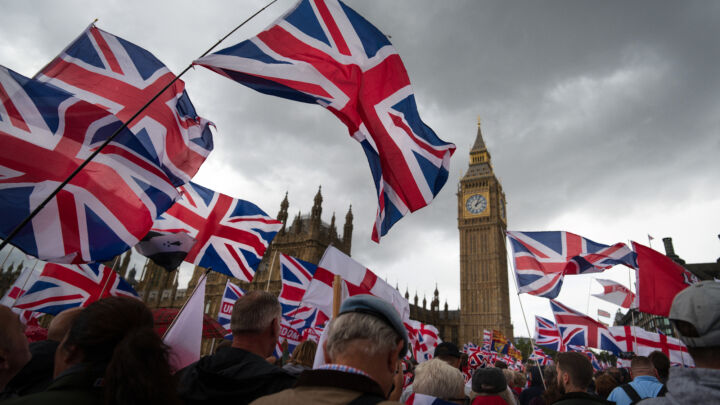
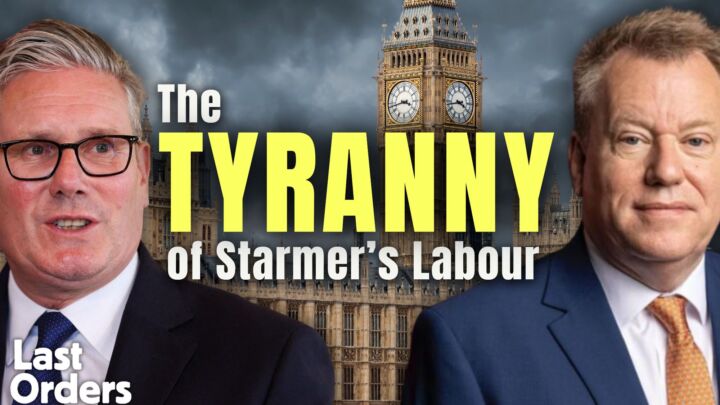
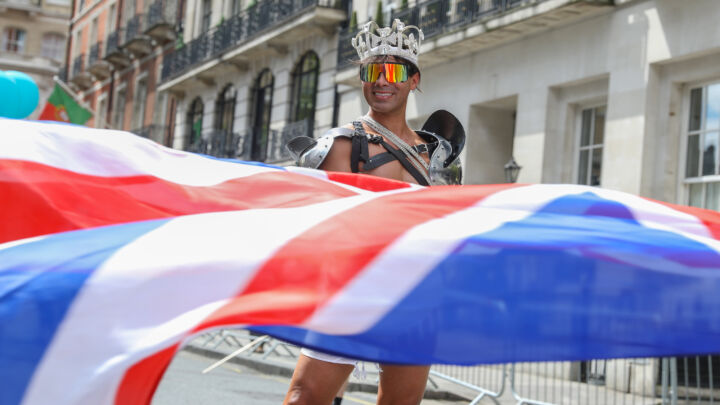

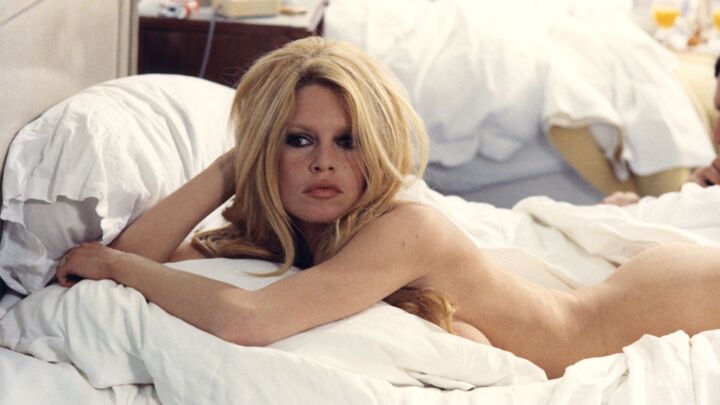
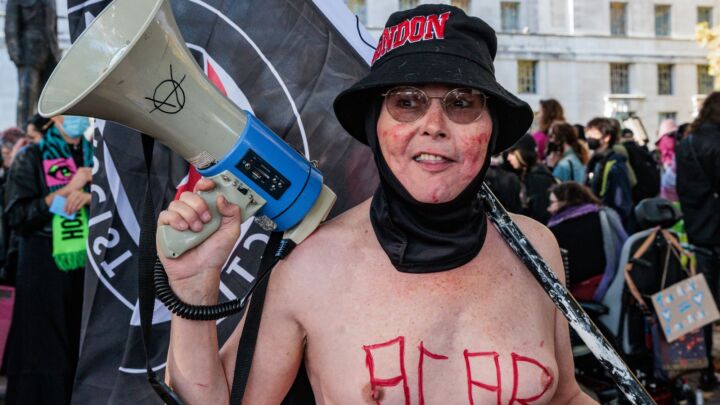


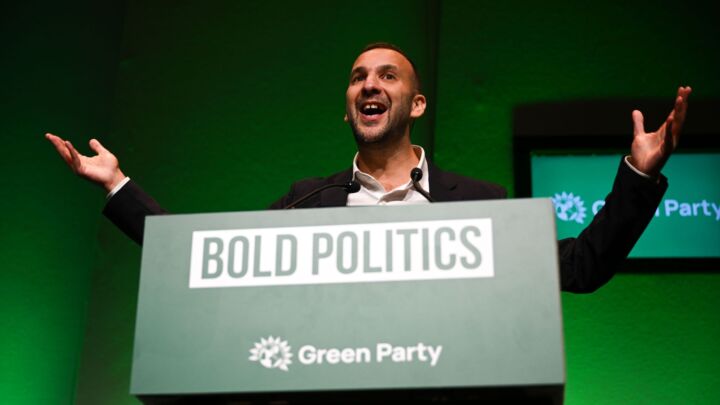

Comments
Want to join the conversation?
Only spiked supporters and patrons, who donate regularly to us, can comment on our articles.